This week, The Farmlink Project helped transport 40,000 pounds of potatoes and 3,780 pounds of apples to the Blue Mountain Action Council (BMAC) food bank in Walla Walla, Washington. According to the BMAC director, Jeff Mathias, COVID-19 has overwhelmed the Southeastern Washington community, causing an unprecedented rise in its food bank clients.
The BMAC currently feeds 1,200 to 1,500 hundred families a week. Typically, the BMAC is contracted to provide food for up to thirty different agencies; however, many of these agencies are now closed. The BMAC has also lost over half of their grocery rescue program: an initiative that rescues food being pulled off the shelves at grocery stores from the waste stream. At the beginning of the pandemic, individuals hoarding food drastically decreased their supply. In addition, the number of people who need food assistance continues to increase. “It’s like the number of COVID-19 cases going up. It’s exponential,” Jeff said.
In response, BMAC picked up the slack to directly execute food distributions. They supply the small towns where food distributions have closed. Now, along with the food The Farmlink Project has helped to provide, they take trucks out to five different communities—including Burbank, Prescott, and Dayton—and hand out food directly to families in parking lots.
On top of rescuing food from being wasted and getting it out to people who are hungry, Jeff urges people to also advocate for food stamps. He explained, “there must be a balance between the two.” The Supplemental Nutrition Assistance Program (SNAP) allows people to go to grocery stores, utilize their infrastructure, and purchase the products of their choice.
“It takes a bit of dignity out of the situation when people have to wait in line for a box of food when they’re not really sure what’s in it. And that food supply chain is already created,” Jeff says. Grocery stores have the infrastructure that food banks are currently lacking. It gives people a chance to buy items that food banks are not providing. “We got potatoes from you guys, but you need stuff to go with that. That’s where stamps come in. They can go to the store and buy those things to make a whole meal.” Encouraging funding for stamp programs will also help minority populations.
In light of the Black Lives Matter movement, the BMAC has increased its focus on minority populations to make sure that they are assisting those areas. They are now serving an unprecedented number of people from farm labor camps. “We are reaching out to those communities, those pockets we missed, and trying to get them service.”
< Back
This week, The Farmlink Project helped transport 40,000 pounds of potatoes and 3,780 pounds of apples to the Blue Mountain Action Council (BMAC) food bank in Walla Walla, Washington. According to the BMAC director, Jeff Mathias, COVID-19 has overwhelmed the Southeastern Washington community, causing an unprecedented rise in its food bank clients.
The BMAC currently feeds 1,200 to 1,500 hundred families a week. Typically, the BMAC is contracted to provide food for up to thirty different agencies; however, many of these agencies are now closed. The BMAC has also lost over half of their grocery rescue program: an initiative that rescues food being pulled off the shelves at grocery stores from the waste stream. At the beginning of the pandemic, individuals hoarding food drastically decreased their supply. In addition, the number of people who need food assistance continues to increase. “It’s like the number of COVID-19 cases going up. It’s exponential,” Jeff said.
In response, BMAC picked up the slack to directly execute food distributions. They supply the small towns where food distributions have closed. Now, along with the food The Farmlink Project has helped to provide, they take trucks out to five different communities—including Burbank, Prescott, and Dayton—and hand out food directly to families in parking lots.
On top of rescuing food from being wasted and getting it out to people who are hungry, Jeff urges people to also advocate for food stamps. He explained, “there must be a balance between the two.” The Supplemental Nutrition Assistance Program (SNAP) allows people to go to grocery stores, utilize their infrastructure, and purchase the products of their choice.
“It takes a bit of dignity out of the situation when people have to wait in line for a box of food when they’re not really sure what’s in it. And that food supply chain is already created,” Jeff says. Grocery stores have the infrastructure that food banks are currently lacking. It gives people a chance to buy items that food banks are not providing. “We got potatoes from you guys, but you need stuff to go with that. That’s where stamps come in. They can go to the store and buy those things to make a whole meal.” Encouraging funding for stamp programs will also help minority populations.
In light of the Black Lives Matter movement, the BMAC has increased its focus on minority populations to make sure that they are assisting those areas. They are now serving an unprecedented number of people from farm labor camps. “We are reaching out to those communities, those pockets we missed, and trying to get them service.”
Blue Mountain Action Council
Walla Walla, WA
This week, The Farmlink Project helped transport 40,000 pounds of potatoes and 3,780 pounds of apples to the Blue Mountain Action Council (BMAC) food bank in Walla Walla, Washington. According to the BMAC director, Jeff Mathias, COVID-19 has overwhelmed the Southeastern Washington community, causing an unprecedented rise in its food bank clients.
The BMAC currently feeds 1,200 to 1,500 hundred families a week. Typically, the BMAC is contracted to provide food for up to thirty different agencies; however, many of these agencies are now closed. The BMAC has also lost over half of their grocery rescue program: an initiative that rescues food being pulled off the shelves at grocery stores from the waste stream. At the beginning of the pandemic, individuals hoarding food drastically decreased their supply. In addition, the number of people who need food assistance continues to increase. “It’s like the number of COVID-19 cases going up. It’s exponential,” Jeff said.
In response, BMAC picked up the slack to directly execute food distributions. They supply the small towns where food distributions have closed. Now, along with the food The Farmlink Project has helped to provide, they take trucks out to five different communities—including Burbank, Prescott, and Dayton—and hand out food directly to families in parking lots.
On top of rescuing food from being wasted and getting it out to people who are hungry, Jeff urges people to also advocate for food stamps. He explained, “there must be a balance between the two.” The Supplemental Nutrition Assistance Program (SNAP) allows people to go to grocery stores, utilize their infrastructure, and purchase the products of their choice.
“It takes a bit of dignity out of the situation when people have to wait in line for a box of food when they’re not really sure what’s in it. And that food supply chain is already created,” Jeff says. Grocery stores have the infrastructure that food banks are currently lacking. It gives people a chance to buy items that food banks are not providing. “We got potatoes from you guys, but you need stuff to go with that. That’s where stamps come in. They can go to the store and buy those things to make a whole meal.” Encouraging funding for stamp programs will also help minority populations.
In light of the Black Lives Matter movement, the BMAC has increased its focus on minority populations to make sure that they are assisting those areas. They are now serving an unprecedented number of people from farm labor camps. “We are reaching out to those communities, those pockets we missed, and trying to get them service.”
.png)
.jpg)
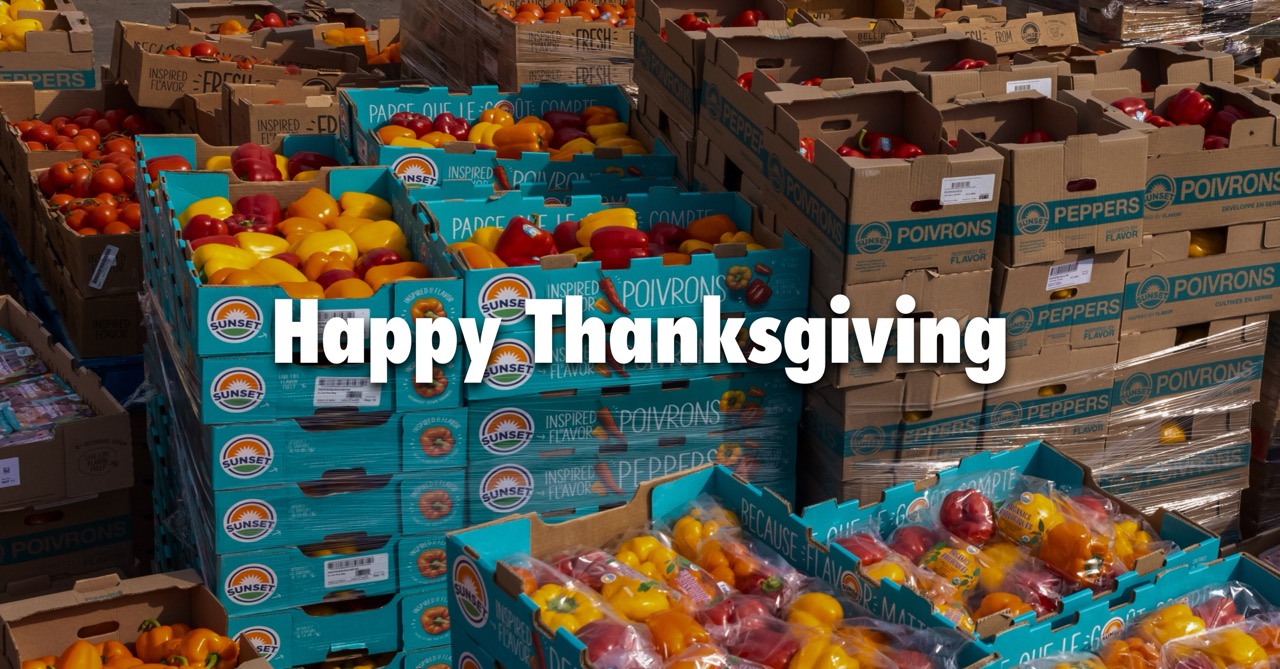
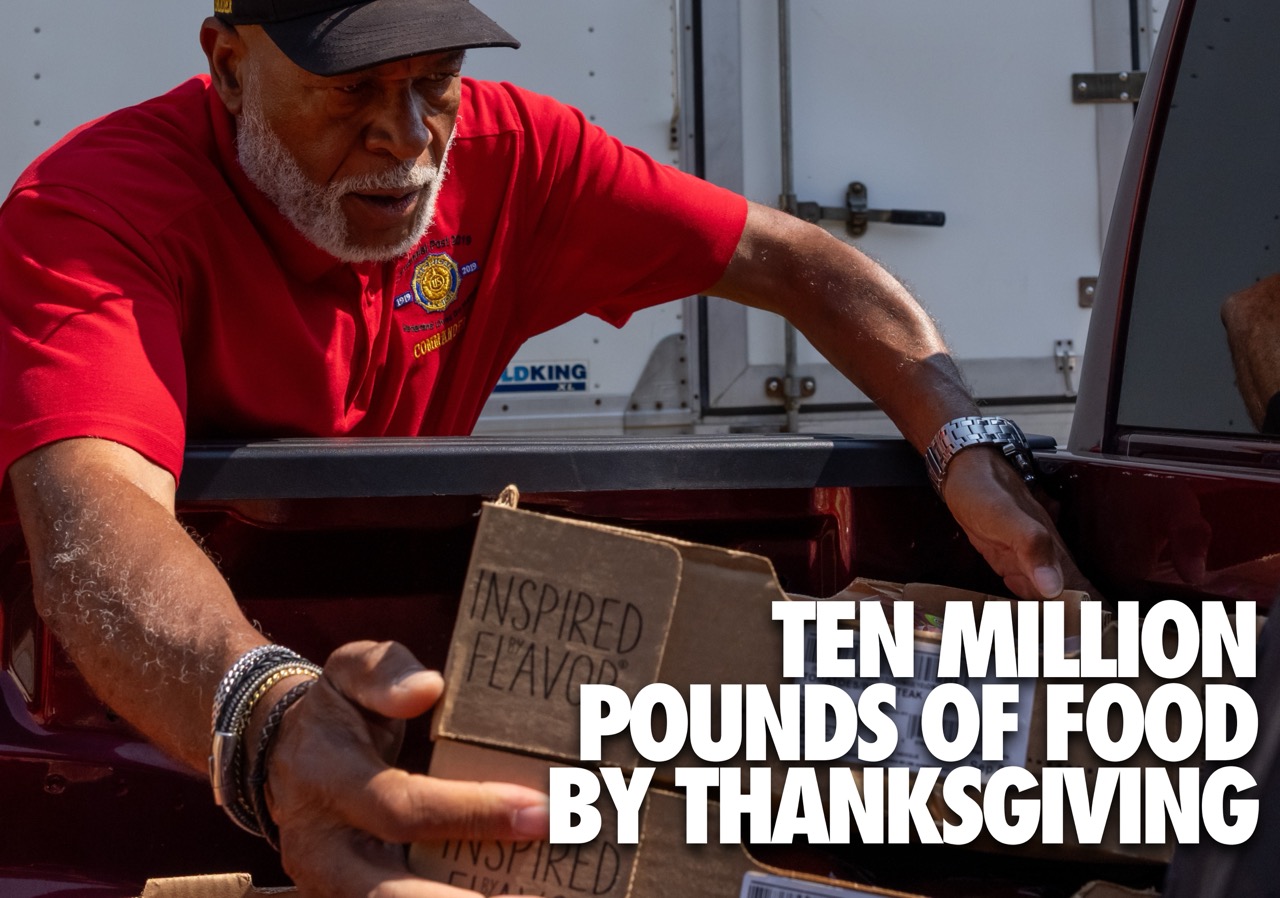
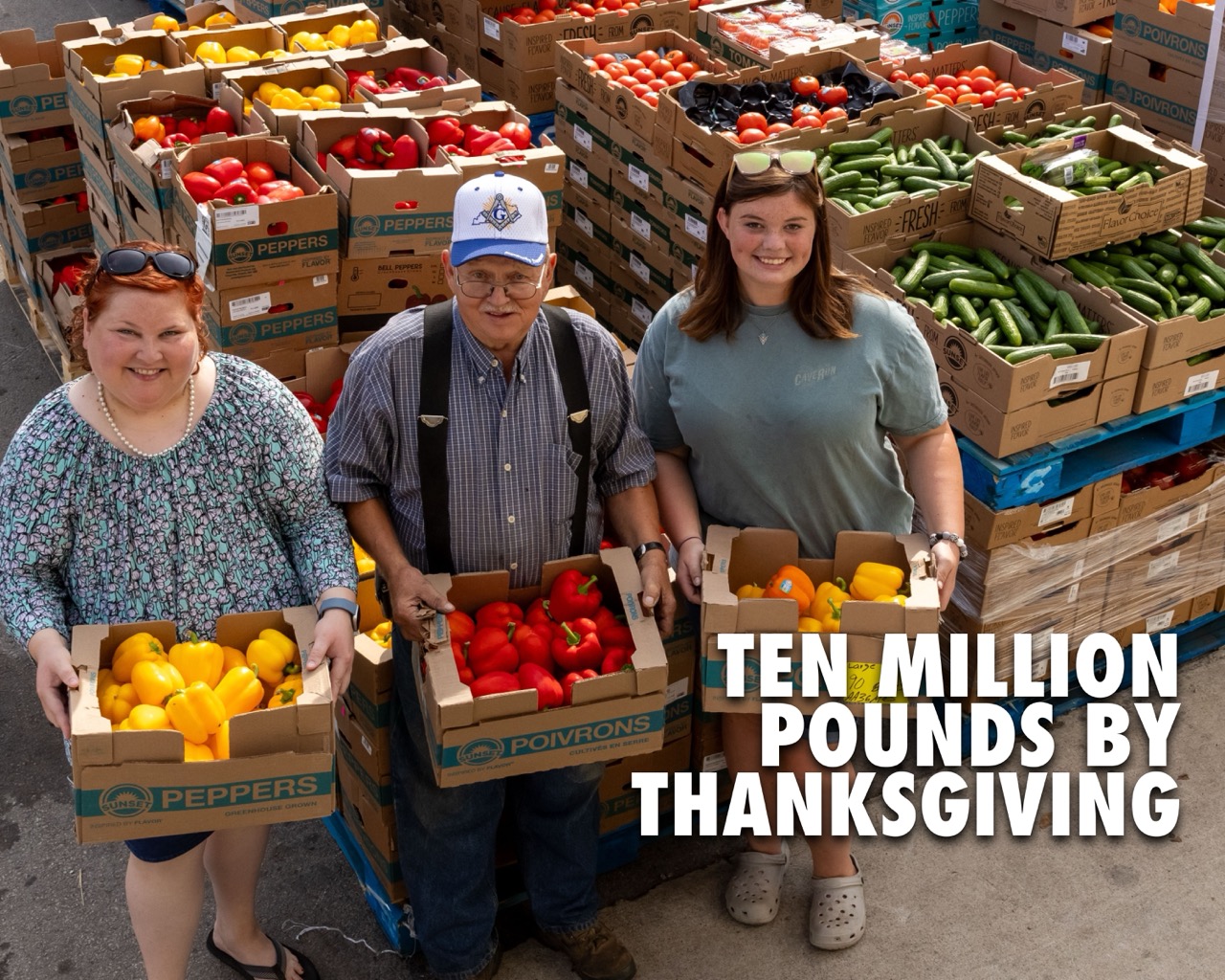
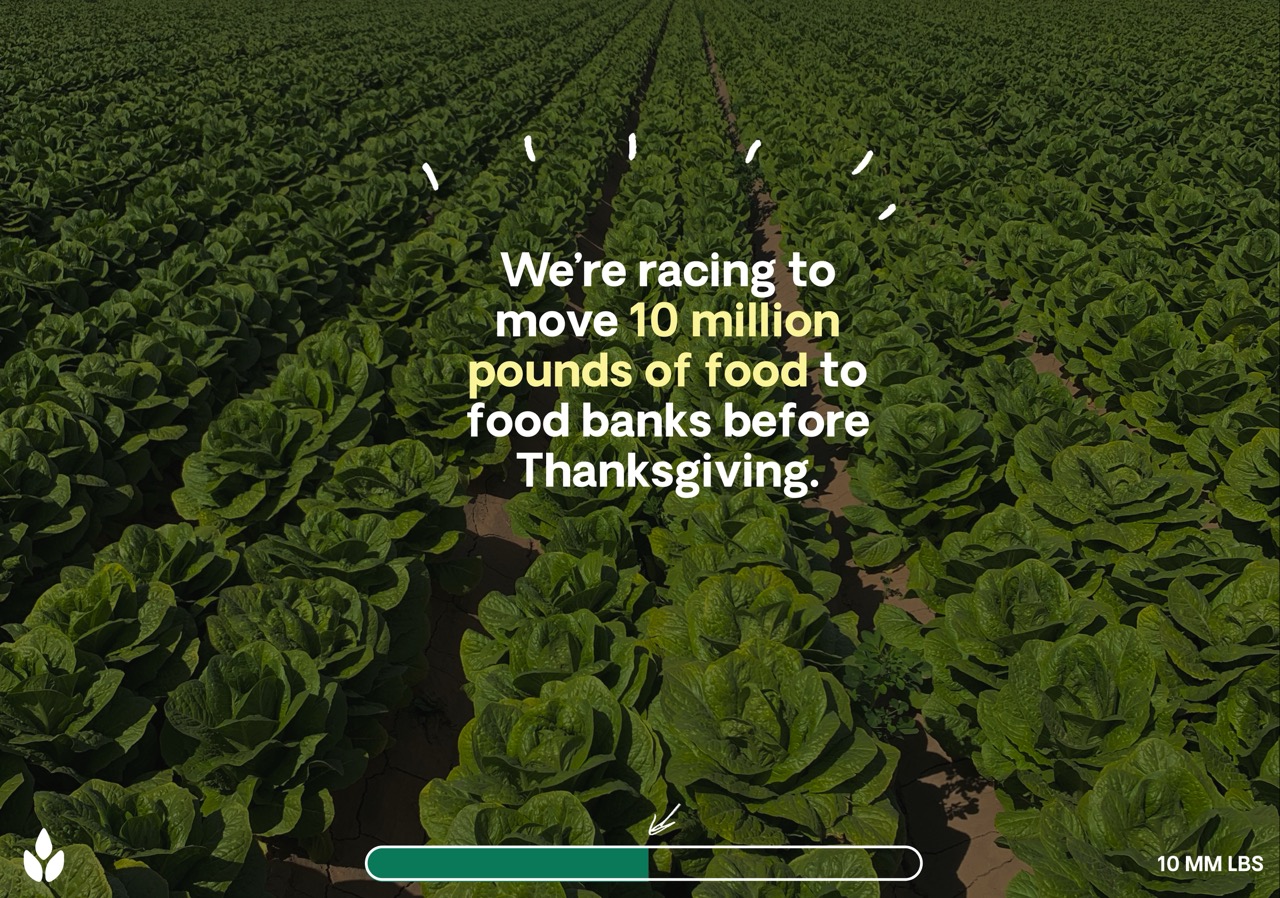
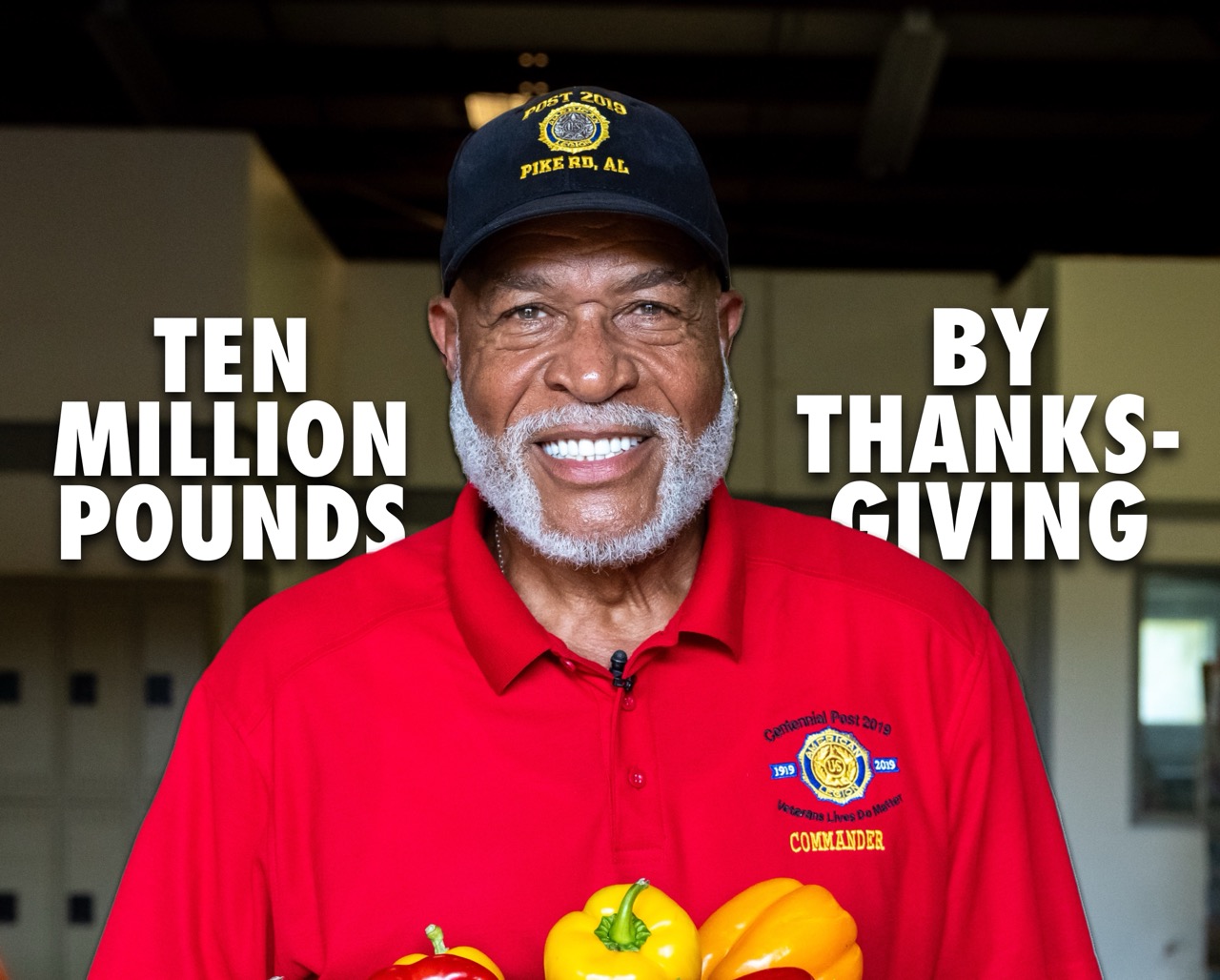
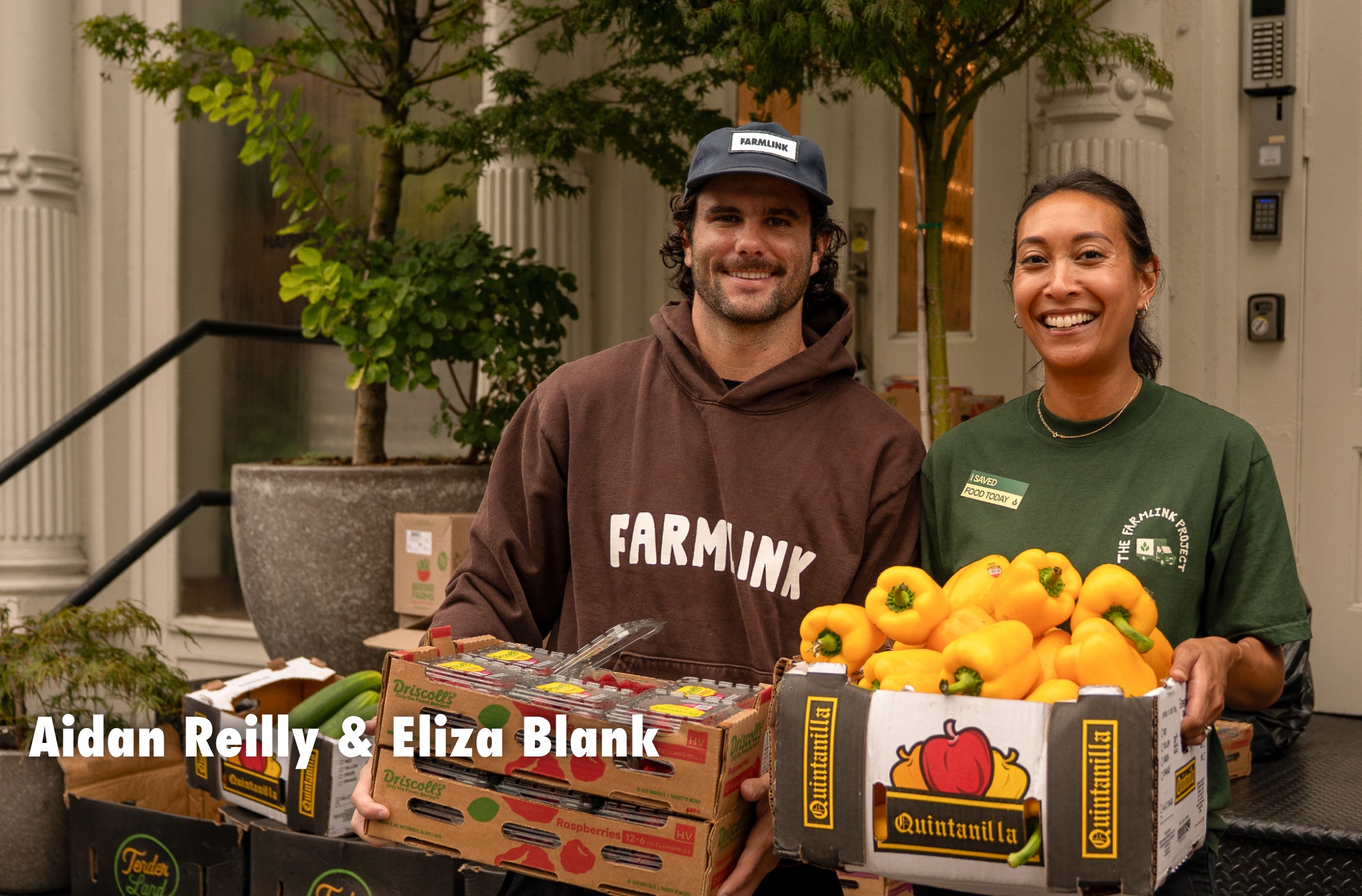
.svg)
.svg)
.svg)